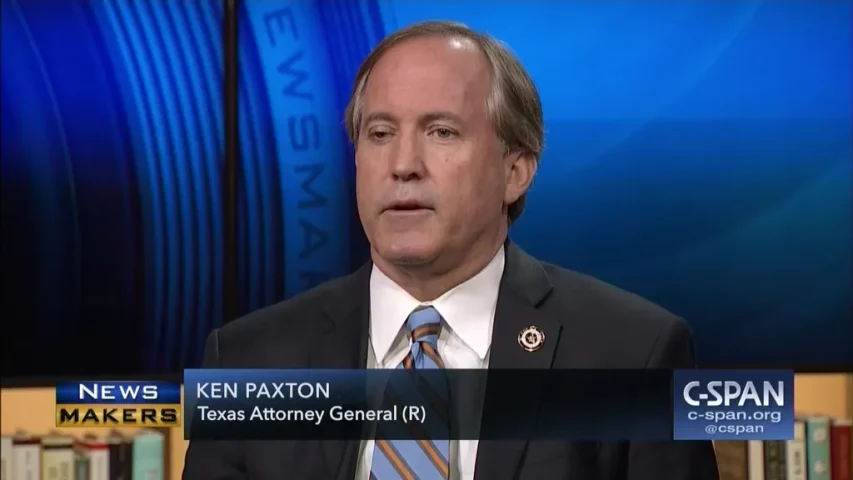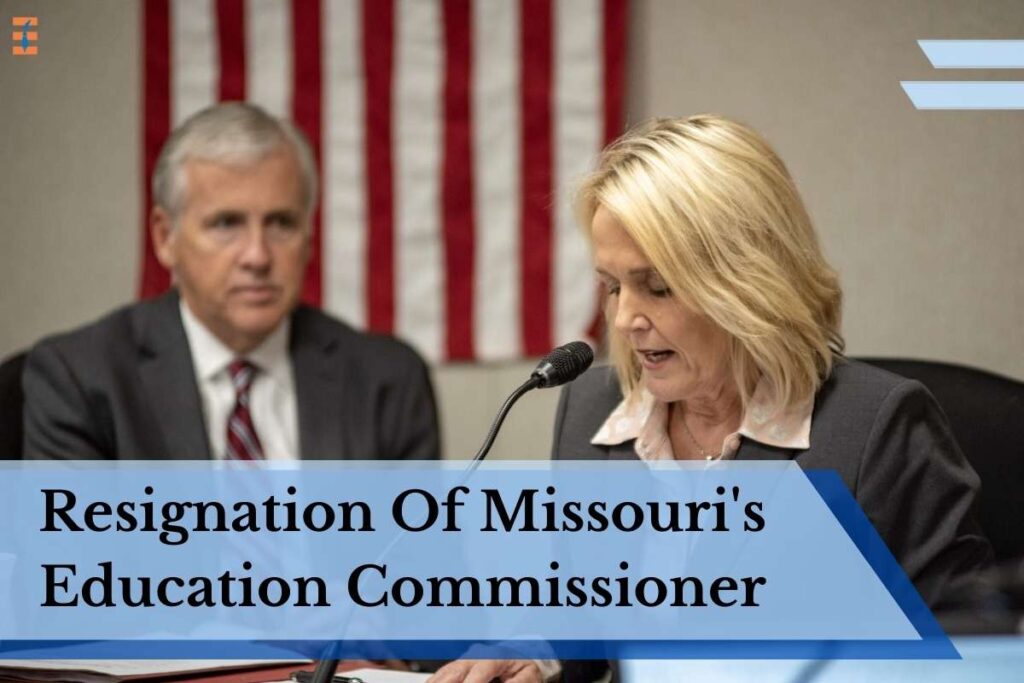Columbia University And Immigration: The "Harboring Aliens" Case

Table of Contents
The "Harboring Aliens" Case: A Legal Overview
The term "harboring aliens" refers to the act of knowingly providing shelter or assistance to undocumented immigrants. Understanding the legal definition is paramount to analyzing the case against Columbia University.
Defining "Harboring Aliens"
The legal definition of harboring aliens varies depending on the specific statute. Federal law, such as 8 U.S. Code § 1324, criminalizes the act of knowingly harboring, shielding, or concealing an alien who is in the United States in violation of law. Penalties can range from significant fines to imprisonment, varying based on the circumstances and the number of individuals involved. State laws may also have their own provisions, sometimes with stricter penalties.
- Specific statutes involved: 8 U.S. Code § 1324 (federal), along with potentially relevant state laws.
- Penalties for individuals and institutions: Fines ranging from thousands to millions of dollars, imprisonment for individuals, and potential civil penalties for institutions.
- Differences in state and federal laws: Some states have stricter laws regarding harboring undocumented immigrants than the federal government.
The Specific Allegations Against Columbia University
Allegations against Columbia University in a hypothetical "harboring aliens" case (as no such widely publicized case currently exists against the university) might involve accusations of providing various forms of assistance to undocumented students or individuals on campus. These allegations would need to be supported by credible evidence.
- Types of alleged assistance: Providing housing, financial aid, access to healthcare, or legal assistance to undocumented immigrants.
- Timeline of events: A detailed account of the alleged actions and their timing is crucial to building a case.
- Key individuals involved: Identifying the university officials, faculty, or students implicated in providing assistance is also critical.
Legal Arguments and Counterarguments
In a hypothetical legal battle, Columbia University's defense might center on arguments related to the university's commitment to providing a supportive environment for all students, regardless of immigration status, emphasizing its adherence to existing policies and its focus on education. The government’s case would need to demonstrate that the university knowingly harbored undocumented immigrants with the intent to violate immigration law.
- Columbia's defense strategy: Arguing that the actions taken were in line with existing university policies and aimed at supporting student welfare. Emphasis on due process and equal access to education.
- Government's arguments: Focusing on demonstrating that Columbia University knowingly provided assistance to individuals illegally present in the United States, violating federal and/or state law.
- Precedents cited in court filings: Both sides would likely reference relevant case law concerning immigration and the rights of undocumented immigrants.
Ethical Considerations and Sanctuary Campus Policies
The debate surrounding sanctuary campuses raises profound ethical questions for universities.
The Ethical Debate Surrounding Sanctuary Campuses
Universities face the ethical dilemma of balancing legal obligations with their commitment to protecting vulnerable populations. Sanctuary campus policies raise questions about the responsibilities of higher education institutions within the context of immigration law.
- Balancing legal obligations with moral responsibilities: Universities must navigate the complex legal landscape while also considering their moral responsibility to create inclusive and supportive environments for all students.
- Potential benefits and risks of sanctuary policies: Benefits could include providing a safe haven for undocumented students. Risks might include legal challenges and potential financial penalties.
- Impact on students and faculty: Sanctuary policies could impact the well-being and educational opportunities for undocumented students while also affecting the working environment for faculty and staff.
Columbia University's Sanctuary Policies (if applicable)
Columbia University, like many other universities, has a complex history and evolving set of policies regarding undocumented students. It's important to review their official statements and policies to understand their current approach.
- Specific policies enacted by the university: Columbia University's policies regarding undocumented students should be referenced from official university documentation.
- Statements by university officials regarding immigration: Public statements by university leadership on immigration issues provide insight into the university's stance.
- Support services provided to undocumented students: The university likely provides a range of support services, from academic advising to financial aid, to undocumented students.
National Context of Sanctuary Cities and Campuses
The "harboring aliens" debate is part of a broader national conversation about sanctuary cities and campuses. The number of such jurisdictions and institutions, along with the legal challenges they face, highlight the political polarization surrounding this issue.
- Number of sanctuary cities and campuses: A significant number of cities and universities across the US have declared themselves sanctuaries, though this varies across time.
- Legal challenges faced by these initiatives: Sanctuary policies often face legal challenges from federal and state governments.
- Public opinion and political polarization surrounding the issue: Public opinion on sanctuary policies is deeply divided, reflecting broader political divisions on immigration.
Impact and Aftermath of the "Harboring Aliens" Case (Hypothetical)
Outcome of the Case (if applicable)
The hypothetical outcome of such a case would significantly impact Columbia University and other universities considering similar sanctuary policies.
- Key findings: A hypothetical court ruling would offer crucial insights into the legal interpretation of "harboring aliens" in the context of university policies.
- Sentences (if any): Penalties, if any, imposed on Columbia University or individuals would shape future university practices.
- Appeals process: The appeals process would further define the legal landscape and potential legal precedent.
- Media coverage and public reaction: The case would likely generate significant media attention and public debate.
Long-term Effects on Immigration Policy and University Practices
The long-term impact of a hypothetical "harboring aliens" case against Columbia University could be far-reaching.
- Changes to university policies: Universities might review and revise their policies regarding undocumented students in response to legal challenges.
- Shifts in public discourse: The outcome would likely influence public opinion and the political debate surrounding sanctuary campuses.
- Influence on future legal challenges to sanctuary policies: The case could create legal precedent impacting future legal challenges against sanctuary policies at other institutions.
- Impact on federal and state immigration legislation: The case's outcome could influence future legislation concerning immigration and the rights of undocumented immigrants.
Conclusion
The hypothetical "harboring aliens" case involving Columbia University highlights the complex interplay between immigration law, ethical considerations, and the policies of higher education institutions. Understanding the legal definition of "harboring aliens," the potential consequences for universities adopting sanctuary policies, and the broader national context is essential. The ethical dimensions of this issue demand careful consideration of the rights of all students and the role of universities in creating inclusive learning environments.
To further your understanding of this critical issue, we urge you to delve deeper into the intricacies of "Columbia University and immigration law," researching the legal implications of harboring undocumented aliens and the ongoing legal challenges to sanctuary campus policies. Engage with organizations advocating for immigrant rights and participate in informed discussions to promote the development of just and equitable immigration policies.

Featured Posts
-
 Delinquent Student Loans Navigating The Increased Government Scrutiny
May 17, 2025
Delinquent Student Loans Navigating The Increased Government Scrutiny
May 17, 2025 -
 Oil Market Update Key Price Movements And Analysis For May 16
May 17, 2025
Oil Market Update Key Price Movements And Analysis For May 16
May 17, 2025 -
 The Impact Of False Angel Reese Quotes On Social Media
May 17, 2025
The Impact Of False Angel Reese Quotes On Social Media
May 17, 2025 -
 New Survey Data Parental Concerns About College Costs Decline Loan Use Persists
May 17, 2025
New Survey Data Parental Concerns About College Costs Decline Loan Use Persists
May 17, 2025 -
 Chinas Ambassador On Potential Formal Trade Agreement With Canada
May 17, 2025
Chinas Ambassador On Potential Formal Trade Agreement With Canada
May 17, 2025
Latest Posts
-
 Veteran Springfield Councilman Appointed To Missouri Education Board
May 17, 2025
Veteran Springfield Councilman Appointed To Missouri Education Board
May 17, 2025 -
 Acidente Com Onibus Universitario Detalhes Sobre O Ocorrido
May 17, 2025
Acidente Com Onibus Universitario Detalhes Sobre O Ocorrido
May 17, 2025 -
 Numero De Vitimas Em Acidente Com Onibus Universitario Aumenta
May 17, 2025
Numero De Vitimas Em Acidente Com Onibus Universitario Aumenta
May 17, 2025 -
 Grave Acidente Com Onibus Universitario Atualizacoes E Informacoes
May 17, 2025
Grave Acidente Com Onibus Universitario Atualizacoes E Informacoes
May 17, 2025 -
 Springfield Councilman Appointed To Missouri State Board Of Education
May 17, 2025
Springfield Councilman Appointed To Missouri State Board Of Education
May 17, 2025
